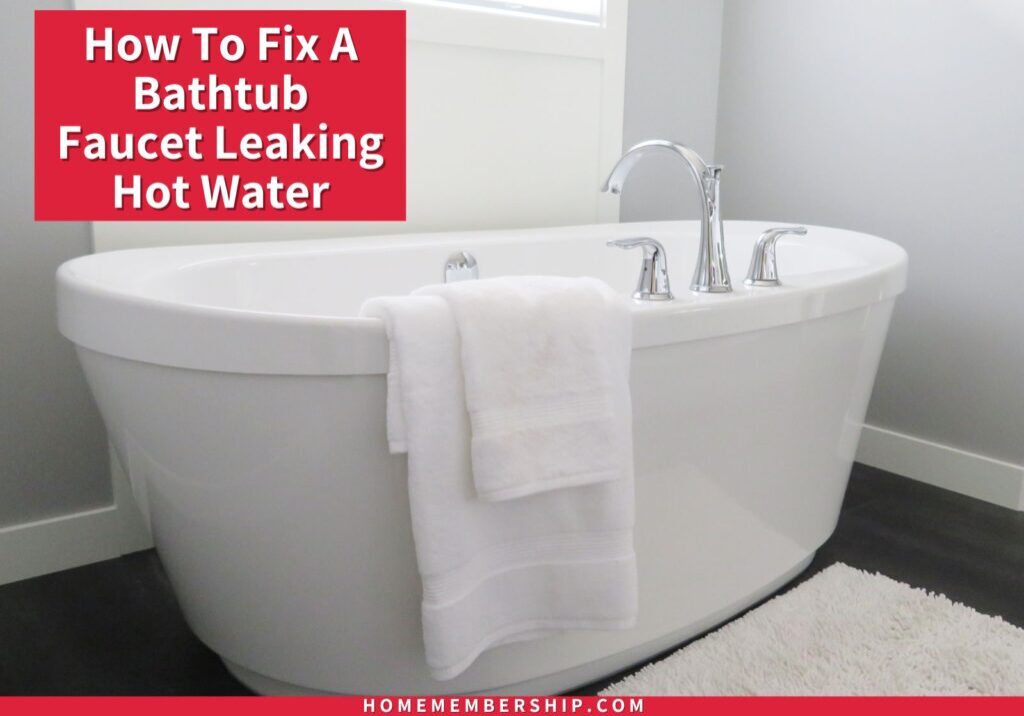Selling Your House: Here Are 10 Things to Know about Home Warranties

When selling your house, you want everything to go smoothly. One way to make the process easier is to offer a home warranty to your potential buyers. A home warranty can give buyers peace of mind and can protect you from unexpected expenses.
Here are ten things to know about home warranties when selling your house:
1. What Is a Home Warranty?
A home warranty is a contract made between a homeowner and a warranty company that provides coverage for certain home systems and appliances. The warranty company will repair or replace if something breaks down because of normal wear and tear.
2. What Does a Home Warranty Cover?
Home warranties can vary, but most cover major systems like heating, cooling, plumbing, and electrical, as well as appliances like refrigerators, ovens, and dishwashers. Some warranties also cover additional items like pools or septic systems.
3. How Much Does a Home Warranty Cost?
The cost of a home warranty can vary depending on where you live and the level of coverage you choose. On average, a basic plan can cost around $300-$500 per year, while a more comprehensive plan can cost upwards of $1,000 per year.
4. Who Pays for the Home Warranty?
Typically, the seller pays for the home warranty, although it can be negotiated between the buyer and the seller. Offering a home warranty can make your home more attractive to potential buyers and protect you from unexpected expenses if something breaks down during the selling process.
5. How Long Does a Home Warranty Last?
Most home warranties last one year, although some can be extended for an additional fee. It’s essential to read the contract carefully to know exactly what is covered and how long.
6. What Is the Process for Using a Home Warranty?
With a HomeMembership home warranty, If something breaks down, the homeowner should contact their preferred service provider and schedule the repair. The homeowner will submit the bill and be reimbursed based on the coverage chart minus the deductible.
We do this so you can get your appliances or home systems fixed quickly by a service provider you know and trust. There is also no fine print in our brochure – so you know exactly what is covered.
7. What Are the Limitations of a Home Warranty?
Home warranties typically have limitations and exclusions. For example, pre-existing conditions may not be covered, and some appliances or systems may only be covered up to a certain amount.
8. Can You Choose Your Own Contractor?
HomeMembership is different and lets you pick your own service provider. But many of the other home warranty company will choose the contractor to perform the repairs.
9. What Happens If the Warranty Company Goes Out of Business?
If the warranty company goes out of business, the homeowner may be out of luck. Choosing a reputable home warranty company that has been in business for a while and has a good track record is essential.
10. Should You Offer a Home Warranty When Selling Your House?
Offering a home warranty can make your home more attractive to potential buyers and protect you from unexpected expenses. However, it’s crucial to weigh the cost of the warranty against the potential benefits. A home warranty may be unnecessary if your home systems and appliances are newer and in good condition.
Conclusion
A home warranty can certainly be a valuable tool when selling your house. It can give buyers peace of mind and protect them from unexpected expenses. However, it’s important to read the contract carefully, understand what is covered and what is not, and choose a reputable warranty company. By doing so, you can make the selling process much smoother and more enjoyable for everyone involved.
Provide your prospective homebuyers with the peace of mind they need. With HomeMembership, you can instill the assurance required for clients to proceed with buying their ideal home. Ask us about our home warranty today!



